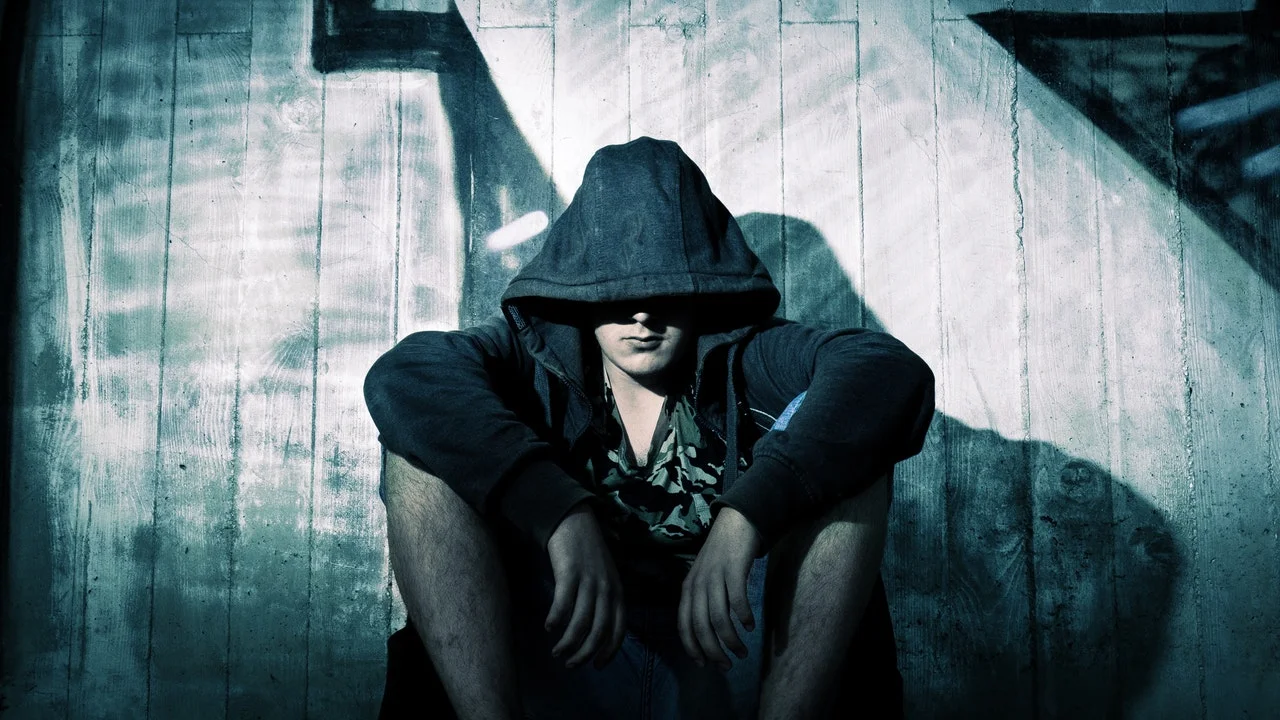Psychodynamic Therapy and DBT: A Pretty Sweet Match
/Since I work with attachment trauma, lots of folks who come to see me have intense emotions that can feel like they're coming out of nowhere and wreak terrible havoc.
(Like Daenerys' dragons… pic from HBO of course)
These intense feelings can be so overwhelming to your body and your mind that you can't think anymore. All you can do is feel. And when all you can do is feel, you want to do something, anything, to make the feeling go away.
So maybe you cut. Or you drink. Or you call your ex over and over again until she blocks you or refuses to pick up. Maybe you check out, numb out, binge out, freak out– whatever you do, you're just trying to get rid of the intensity of the emotion that feels like it's going to overtake you.
Dialectical Behavior Therapy (DBT) is one treatment approach for addressing these intense emotions.
DBT skills development can help you regulate your emotions and tolerate your distress, and has been helpful for many people I work with and for myself personally. There are several DBT centers in the East Bay and San Francisco, all of which have their own personality and style but go through the same training through Behavioral Tech.
While I highly recommend DBT for many, it is one part of a multifaceted treatment plan. If you are experiencing overwhelming emotions and subsequent impulsivity, I highly recommend you try a concurrent DBT treatment with your psychodynamic or analytic talk therapy. With DBT or another mindfulness practice such as body movement (like dance, lifting, stretching), meditation, being in nature, or spiritual prayer, you can learn to regulate the overwhelming feelings so that you are able to take in in more of the deep work you're doing with your therapist, which can help you feel more connected to others and to your joy and desires.
Maybe we can think of it this way: If we can imagine your psyche and soul as an fruit tree, I see DBT as shaping and pruning the limbs of your tree. In order to get the sweetest fruit, i.e. your joy and hope coming to fruition, it's important to prune the limbs of your tree so that those fruits can grow and ripen. Any master gardener will tell you that pruning is one of the most important elements of harvesting amazing fruit.
That said, as with anything growing in the ground, the roots also need constant and consistent tending. This is where dynamic and analytic therapy comes in.
Read More








